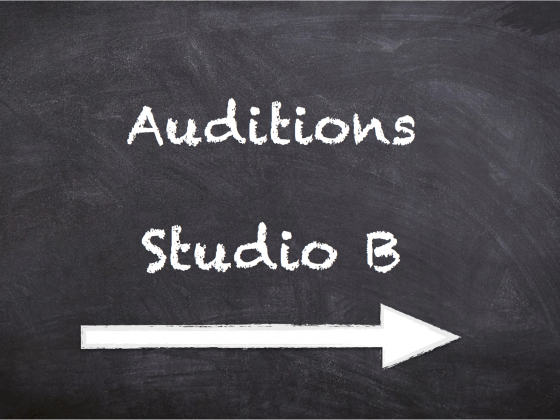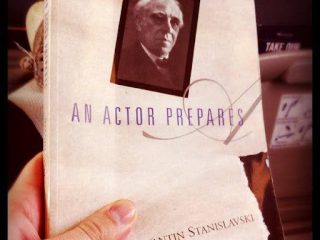I get it: plans change, schedules shift, life is unpredictable. Sometimes that play you were so happy to be offered becomes an impossibility. That leads to the inevitable but nonetheless icky prospect of alerting the theater to your change of plans. How does one do this with grace and tact? How does one navigate backing out of a project without burning bridges with the theater in question? Whether you were due to be in a Shakespeare classic, a piece of new work, or a modern Pinter, Miller, or Beckett revival, your situation is the same. Here are some helpful tips on drafting that dreaded “I can no longer do your project” email.

First, some background and context: I try to always honor my commitments (and so should you). Your professionalism and reliability are part of your brand as a performer, and your brand should be protected and nurtured by you as you navigate the acting industry. Backing out of a project should never be done lightly and must only be done as a last resort. It should go without saying but, before you audition for something, make sure you’re free for the contract dates and actually able to accept the job if offered.
All that said, things happen. Despite my best intentions, I have been in this prickly position a few times. It’s not an easy message to write, but I feel like through trial and error I’ve found a pretty good template. Here are some pointers:
Contact the theater as soon as possible
Once you know you can no longer do a show, let the theater know as soon as you can. It may be tempting to put off the unpleasantness, or to procrastinate, or to make up excuses. Don’t. Rip the band-aid off promptly. You owe it to the theater and to yourself. Sending a message swiftly gives the theater time to make other plans (and will give you some blessed peace of mind). Think of your message to them as a professional courtesy, not some insulting, embarrassing thing to be avoided. The sooner you let them know, the sooner they can cast someone else. Though the theater company may not be thrilled you are pulling out of their show, they will appreciate that you acted quickly and without fuss.
Be kind
Try to be as compassionate and tactful in your wording as possible. Perhaps state how much you enjoyed getting to know the company, the personnel, the director, or the material during the audition process. Perhaps relate how much you were looking forward to working on the show. Perhaps express your hope for a future project together. Aim for a warm tone. We’re all friends here! Trying to be too direct and professional can come across as cold and uncaring. Be empathetic. Be human. But above all …
Be honest
Tell them that, regrettable or unfortunately, you can no longer be a part of their project. Regarding whether or not to tell them “why”, that’s up to you. For my money, honesty is usually the best policy (and an honest answer tends to be the easiest answer for you to remember down the line). Through the audition process you’ve (hopefully) created a relationship of trust with the creative team; I think it is important to maintain that trust even if you are no longer able to participate in the project. However, if you deem the “why” to be inappropriate to share in your email, a “scheduling conflict” is a great all purpose response.
End your remarks by wishing them good luck on the project. Keep things short and sweet and not overly apologetic.
Now move on with your life! There may be a fear that you’ve burned bridges with that company — that by backing out of a project they may never want to work with you again. Just know that you’ve done everything possible to be direct, compassionate, and truthful. What other people think of you is not your business. Trying to control and predict other people’s opinions of you is as maddening as it is pointless. Be true to yourself and the rest will follow. There will be more shows. There will be more opportunities.
If your message is prompt, kind, and honest, then I believe you’ve done everything in your power to leave the theater in a good place. Try not to waste time worrying. It’s not easy juggling the many commitments and obligations that go with being an actor. Yet it’s possible to find harmony within the chaos, even if you have to make a graceful exit once in a while.
For more tips on navigating a life in theater, check out our blog post on some of the challenges you are likely to face along the way.














